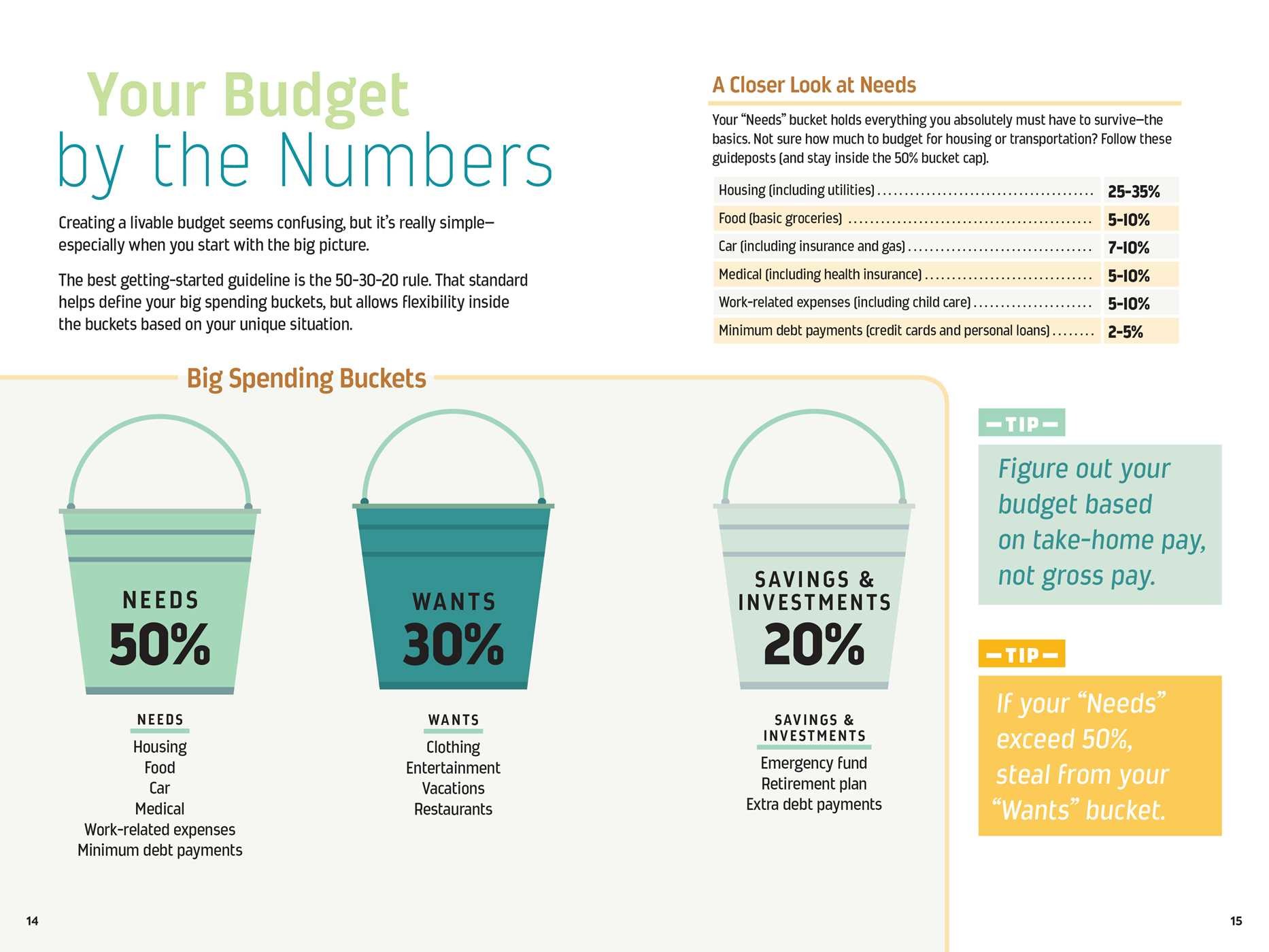Surety Contract Bonds: A Comprehensive Overview For Contractors
Surety Contract Bonds: A Comprehensive Overview For Contractors
Blog Article
what are i bonds -Olsson Costello
Are you a specialist struggling to navigate the complicated globe of surety contract bonds? Look no further! This extensive guide has got you covered.
From recognizing surety bond insurance definition of surety bonds to finding out about the various kinds available, we'll stroll you with the whole process.
With our detailed guidelines, acquiring guaranty contract bonds will be a breeze. Say goodbye to complication and hi to peace of mind.
Prepare to overcome the world of surety agreement bonds!
The Relevance of Guaranty Agreement Bonds
You need to understand the relevance of guaranty agreement bonds as a professional.
Guaranty contract bonds play an important function in the construction market. These bonds supply economic protection and guarantee to task proprietors that you, as a service provider, will certainly accomplish your legal responsibilities.
By acquiring a surety bond, you're essentially guaranteeing that you'll complete the project according to the terms defined in the agreement. This offers satisfaction to task owners, as they understand they'll be made up if you fail to meet your responsibilities.
Additionally, surety bonds additionally show your integrity and reliability as a specialist. They function as a kind of validation that you have the necessary credentials, experience, and financial security to embark on the project efficiently.
Recognizing the Kinds Of Guaranty Contract Bonds
To fully understand the kinds of guaranty agreement bonds, specialists should familiarize themselves with the various choices available.
There are 3 major sorts of guaranty agreement bonds that service providers must know: proposal bonds, performance bonds, and settlement bonds.
Bid bonds are usually called for when a service provider is submitting a bid for a building and construction project. This bond ensures that if the specialist is awarded the project, they'll participate in a contract and offer the required efficiency and payment bonds.
Efficiency bonds guarantee that the professional will finish the job according to the terms of the agreement.
Payment bonds protect subcontractors and providers by making certain that they'll be spent for their deal with the project.
Steps to Obtain Surety Contract Bonds
To get guaranty contract bonds, professionals should comply with a collection of actions to guarantee their eligibility and secure the needed bonding.
simply click the following internet site is to assess your financial standing. Surety bond suppliers will certainly assess your financial security, credit rating, and prior job experience to figure out if you fulfill their underwriting requirements.
The 2nd step is to pick a trustworthy guaranty bond supplier. Study different providers, compare their rates, and consider their know-how in the building market.
As soon as you have actually selected a service provider, you'll require to finish an application and submit it with the needed supporting files. These documents may include financial declarations, job experience documents, and references.
After examining your application, the surety bond supplier will determine your bond amount and issue the bond if you're accepted.
It is very important to begin this procedure early to guarantee you have the necessary bonding in position before starting any building and construction jobs.
Final thought
So bear in mind, surety agreement bonds are vital for contractors, providing monetary security and ensuring job completion. Recognizing the different types and steps to acquire these bonds is essential.
Did you understand that the surety bond industry has grown dramatically in recent years? In 2019 alone, the market size was estimated to be around $4.9 billion, and it's projected to get to $8.3 billion by 2026. This shows the raising relevance of surety agreement bonds in the construction market.
